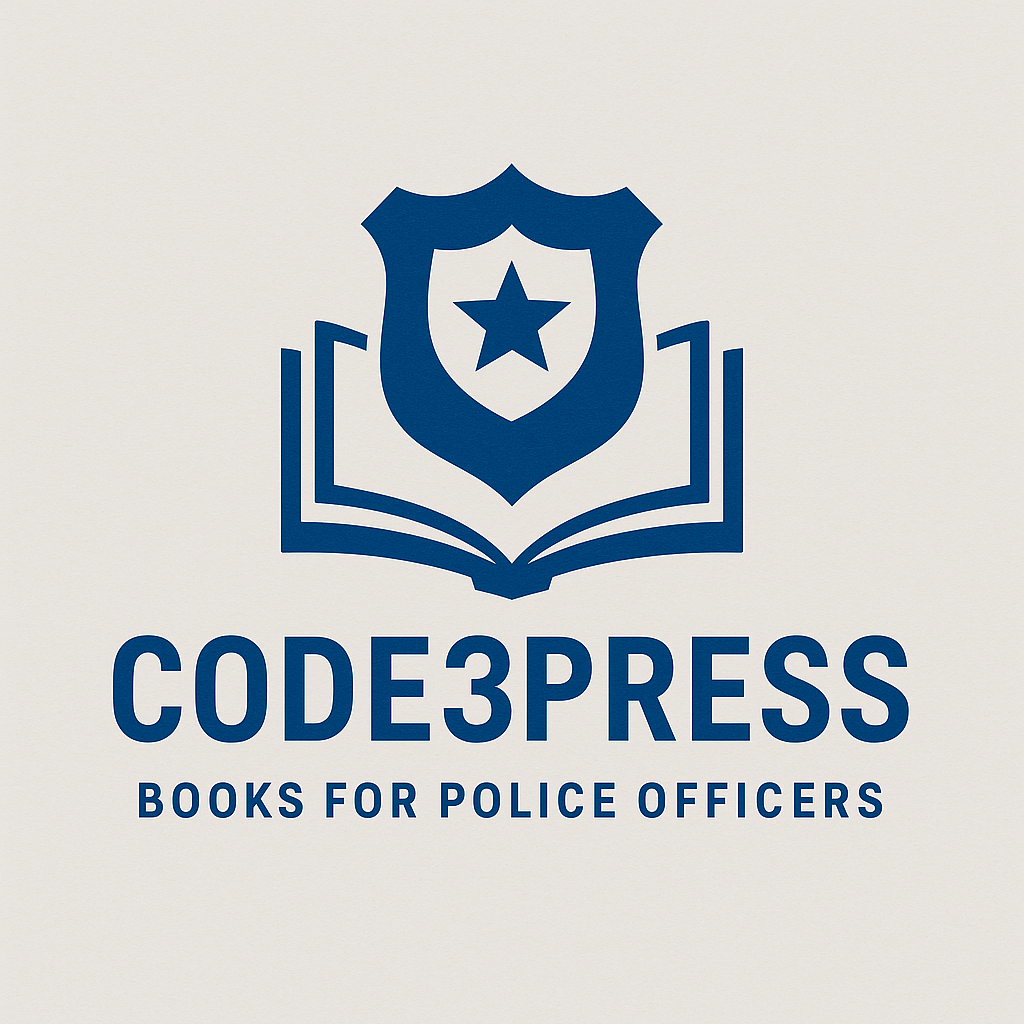Canadian Police Entrance Exams: The Complete 2025 Guide to Passing Your Test
If you’re dreaming of becoming a police officer in Canada, your first major hurdle is the police entrance exam. These tests are designed to assess whether you have the problem-solving skills, communication ability, judgment, and mental agility needed to serve in law enforcement.
Here’s the thing: each province (and sometimes each police service) uses a different exam. That means you can’t prepare with a one-size-fits-all study guide — you need to know exactly what’s on your test, how it’s scored, and how much time you’ll have.
In this complete 2025 guide, we’ll break down:
Every major police entrance exam in Canada
The number of questions, time limits, and passing scores
What topics are covered and how they’re weighted
Insider prep tips for each test
Why Police Entrance Exams Matter
Before you ever touch a badge or wear a uniform, police recruiters want proof that you can:
Think under pressure
Communicate clearly in writing
Spot details others miss
Solve problems ethically and logically
Handle the demands of fast-paced decision-making
Failing the test can set you back months — in some provinces, you must wait before reapplying. Passing with a strong score, on the other hand, moves you to the next stage (often the physical abilities test, interview, or background investigation).
The 2025 Breakdown of Police Entrance Exams in Canada
RCMP Online Entrance Assessment (National)
If your goal is to join the Royal Canadian Mounted Police, you’ll take the RCMP Online Entrance Assessment — a modern, computer-based test that replaced the older RPAT/RPAB.
Format: Workstyle/personality, language comprehension, numerical reasoning, spatial ability, memory, business reasoning.
Time: 55–70 minutes of timed sections (within a 14-day completion window).
Passing Mark: Not published — used for candidate ranking, not just pass/fail.
Pro Tip: Treat every section like a sprint — time for each part is fixed and short.
Ontario — OACP Certificate (Municipal Services)
To apply to most municipal police services in Ontario (Toronto, Peel, York, Ottawa, etc.), you need an OACP Certificate.
Exam Name: Part B (SSPO) and Part C (Personality Inventory)
Questions: 74 in Part B — 44 language mechanics, 30 police problem-solving.
Time: 35 minutes for Part B; Part C ~30–50 minutes.
Passing Mark: None published; part of overall candidate evaluation.
Pro Tip: Language mechanics is heavily weighted — master grammar, punctuation, and spelling.
Alberta — APCAT (Calgary, Edmonton, and Others)
The Alberta Police Cognitive Ability Test is one of the longest in the country.
Questions: 120 multiple choice.
Time: ~3 hours.
Passing Mark: Typically 70% (Calgary/EPS); Grande Prairie requires 84/120.
Topics: Judgment, observation, learning/memory, written communication, problem analysis.
Pro Tip: Train for endurance. Simulate full-length tests to avoid mental fatigue.
British Columbia — ETHOS Police Test
Used by Vancouver Police Department, West Vancouver, New Westminster, Delta, and Saanich.
Time: 3 hours.
Passing Mark: Around 60% (some agencies use class averages).
Modules:
Memory & Observation — 20 marks
Writing & Editing — 40 marks
Reading Comprehension & Critical Thinking — 30 marks
Summarizing — 15 marks
Pro Tip: Writing/editing is worth the most marks — polish your written communication skills.
Manitoba — Winnipeg Police Service
The WPS Written Test is varied and challenging.
Time: 105 minutes.
Passing Mark: 65%.
Topics: Working memory, vocabulary, grammar, applied math, police logic, problem solving, map navigation, reading comprehension.
Pro Tip: Study a mix of math, logic puzzles, and reading comprehension exercises.
Saskatchewan — SIGMA SSPO
Used by Saskatoon Police and other SK agencies.
Questions: 74.
Time: 35 minutes.
Passing Mark: ≥57% (Saskatoon Police).
Topics: Spelling, vocabulary, mathematics, problem solving.
Pro Tip: With less than 30 seconds per question, speed and accuracy are key.
How to Prepare for Your Police Entrance Exam
Identify Your Exact Test
Don’t study for the wrong exam. Check your agency’s recruiting page to confirm the exact test name.Practice Under Real Conditions
If your test is 3 hours, practice in one sitting. If it’s 35 minutes, set a timer and simulate the pressure.Master the Common Topics
Across Canada, the most tested skills include:Reading comprehension
Grammar and punctuation
Numerical reasoning
Problem-solving/judgment
Memory and observation
Track Your Scores
Use practice tests with answer keys so you can measure improvement.Get Feedback
Review wrong answers and learn the “why” behind the correct responses.
Final Thoughts
The police entrance exam is the first real test of your readiness to serve in law enforcement. Passing it takes planning, practice, and discipline — the same qualities you’ll need on the job.
At Code3Press.com, we offer:
Full-length practice exams for RCMP, APCAT, ETHOS, and OACP
Detailed answer explanations
Study strategies tailored to your provincial test
Start practicing today and give yourself the best shot at earning your badge.
